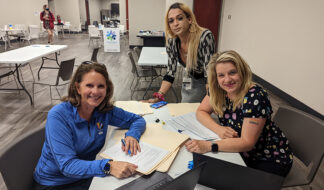Transpapers: A Free, Michigan-Made Resource for Trans Empowerment Across the U.S.
'Almost Fully Automated Trans Rights'
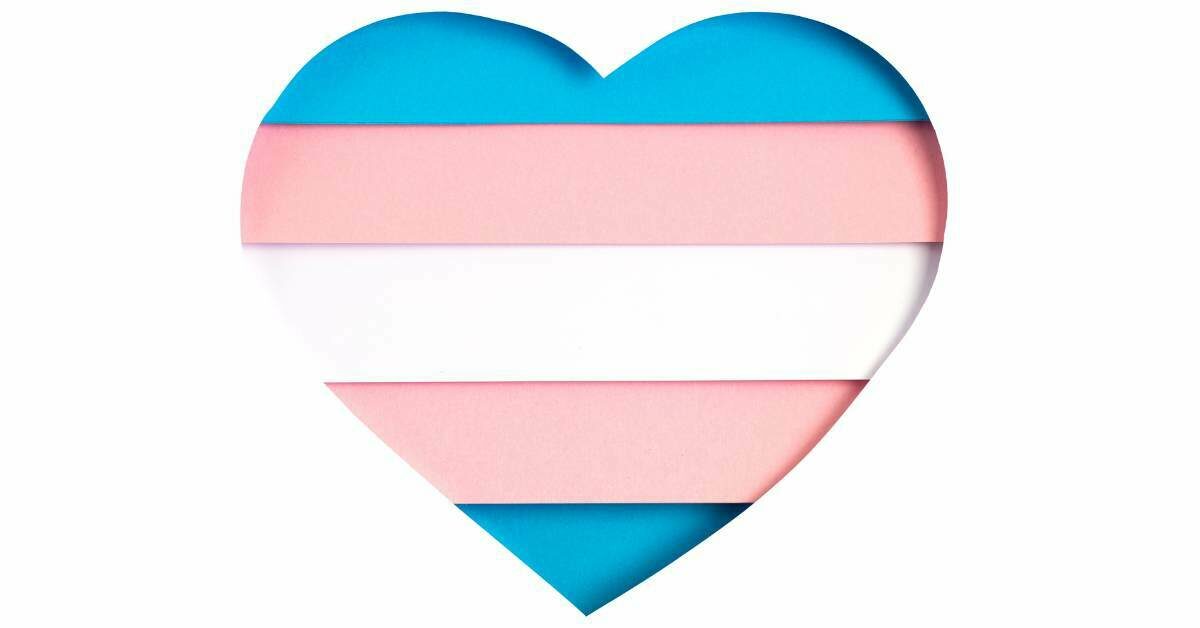
Transpapers is more than a free name-change resource. It’s a tool for trans empowerment. Or, as stated by its developers, “almost fully automated trans rights.”
When Sasha Lišková moved to Grand Rapids from Kentucky a little over a year ago, she and Stephanie Beckon bonded over a shared love of board games. The two trans women became fast friends and found something else they had in common: frustration with the needlessly complex process of changing one’s name for the purpose of gender transition.
“[Beckon] told me about this big, long process,” Lišková said. “And it was really unnecessarily, onerously complicated, in my opinion.” She referenced seven or eight discrete forms plus publication requirements. Beckon had tried to mitigate the bureaucratic headache with a printed guide, but it was specific only to the county where she lives.
Lišková, a freelance software developer by trade, said she could feel the gears turning in her brain: “I could automate that,” she said. That’s exactly what she did with Transpapers, aided by the oversight of the Grand Rapids Trans Foundation.
“It basically walks you through the entire process of not only updating your name, but also your gender markers,” said Beckon, a quality engineer with a knack for programming. Once an individual fills out the web form, a PDF of the pre-filled documents is generated for print then use by the court.
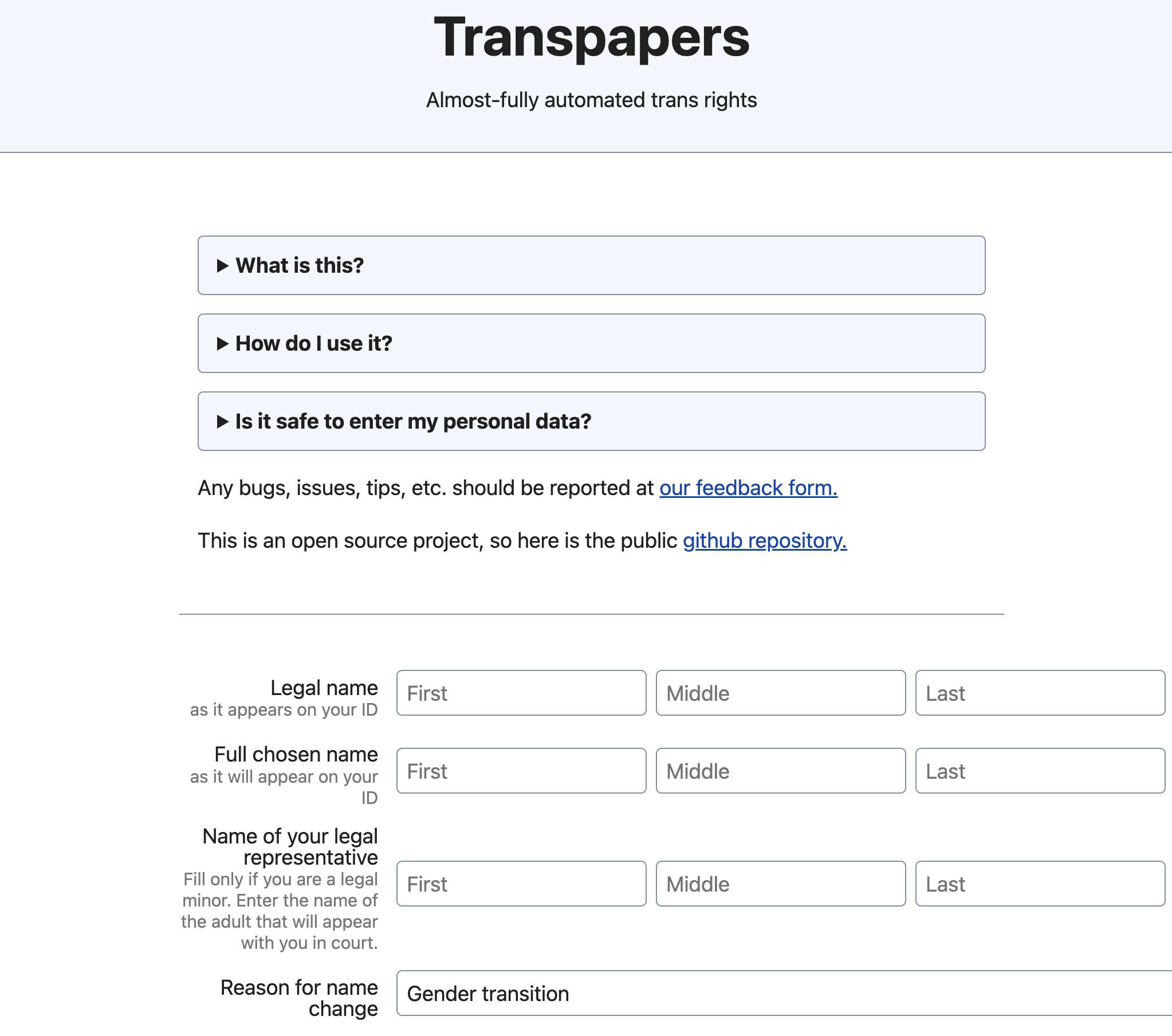
Creating a Statewide Resource
Details specific to each county, such as the quirk that Saginaw County requires forms in triplicate, are included in the personalized PDF. The step-by-step guide also lays out what to expect at the courthouse and contains numerous resources.
Transpapers’ framework is currently applicable to all of Michigan’s 83 counties. The duo will soon branch out to cover each state and territory in the U.S.
According to a 2021 Williams Institute report, Michigan ranks number one for the most trans adults who lack the correct gender marker on their government documents at an alarming 78 percent. Eventually, Transpapers may be available to assist the estimated 476,000 trans adults across the U.S. who are without affirming ID.
“The reason that this is so important to me is that, well, obviously we're both trans women,” Lišková said. “In recent years, I have become very much aware that our rights are being attacked… it's on the news every other day.”
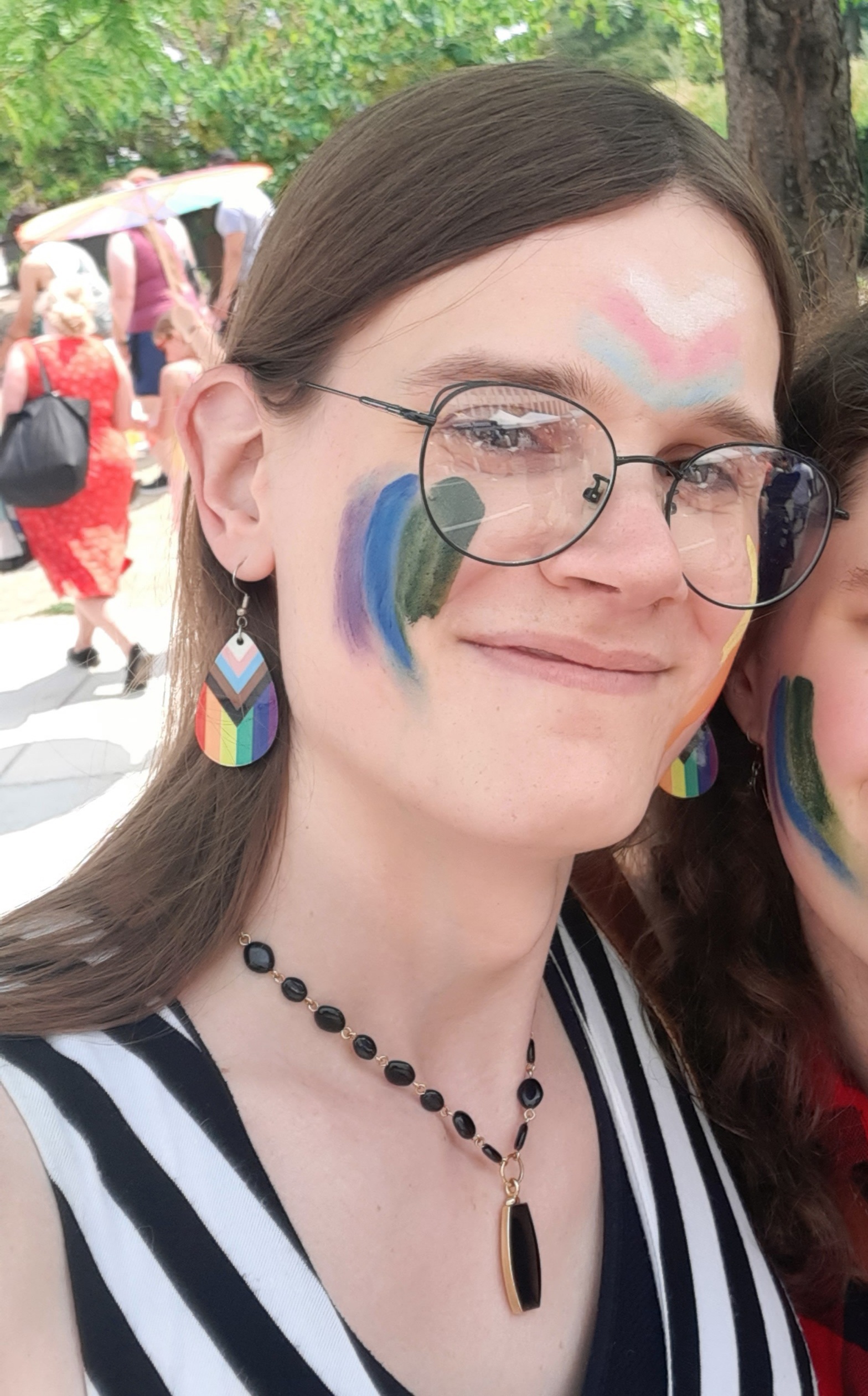
Beckon noted the lack of up-to-date, reliable information and where to find it. At court, she found clerks are legally unable to help. The pair contacted each county individually, but hope community members will provide feedback to help improve the system as it gets rolling to help ensure accuracy.
Privacy Concerns
Filling out a form on a website with data as personal as a birth name can raise safety concerns. Lišková said security was a driving force behind the broader strokes of the architecture and code base. To be sure, no information is sent over the internet, so it’s not collected or saved.
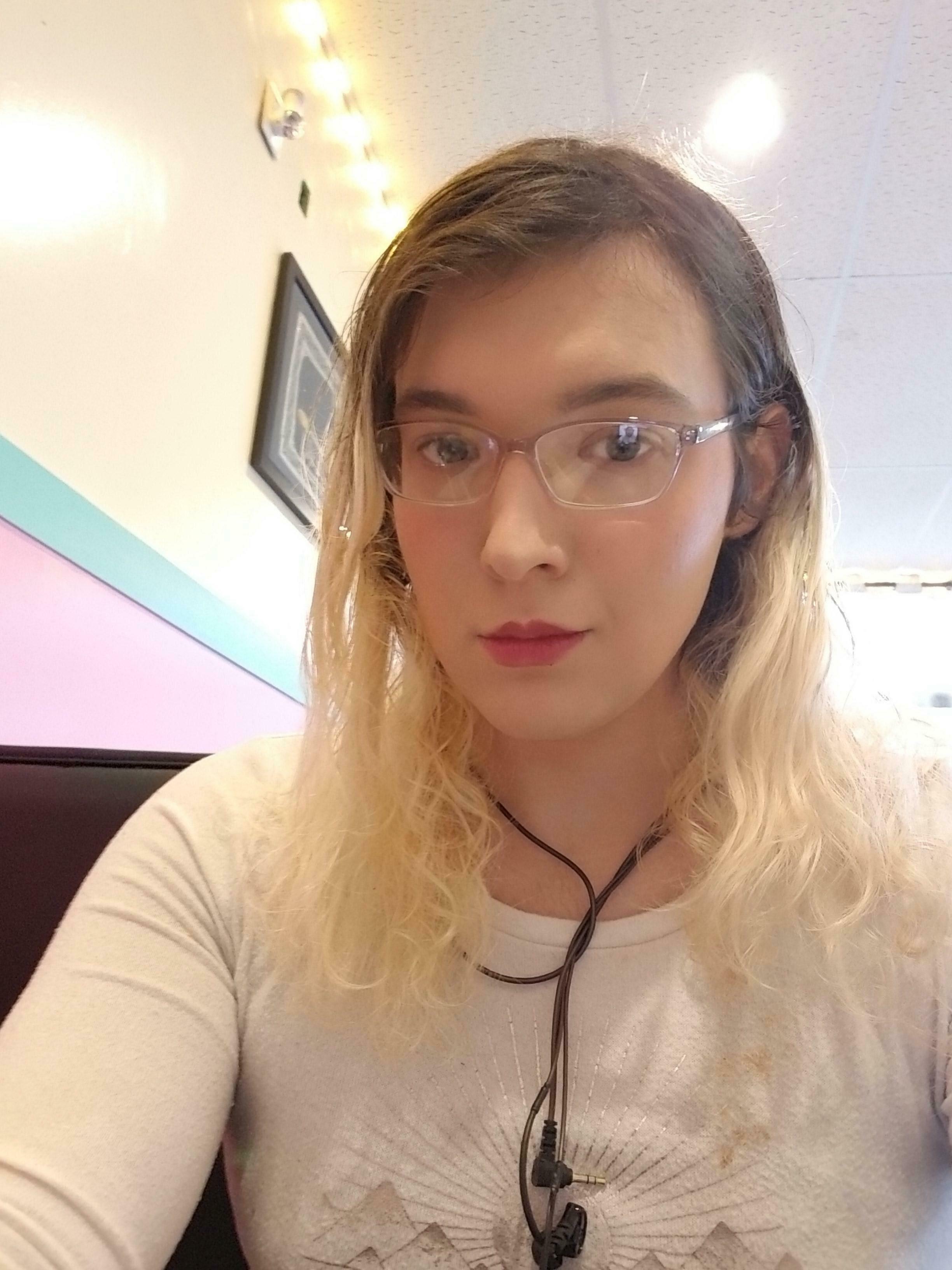
“Everything happens on your computer,” Lišková said. “If you were security conscious enough and you had the technical know-how, you could copy this project to your own computer, turn off the internet and run it, and it would work.” They’ve even provided a link to the code base. “So anybody with a programming background will be able to tell that the data never leaves,” Beckon said. “We're trying to get the word out on that.”
Transpapers’ domain, .lgbt, represents another level of protection. It’s a top-level domain known for security that would, for example, combat a phishing attack in which scammers might attempt to clone the website and redirect users. Because the domain is registered with Identity Digital, that’s nearly impossible and would lead to legal action.
Further, Transpapers uses the open source platform Github, which runs on Microsoft servers. And if hackers compromised Microsoft, “then we have bigger problems because that runs a great, great deal of software and they take security very seriously,” Lišková said.
Still, Lišková plans to include a disclaimer in the next update, noting, “If you want to be completely secure, you shouldn't use the internet; you shouldn't leave your house,” she said.
Community Feedback
Liam Wolf, who is a community health worker and peer advocate for Transcend The Binary, an organization based in Southeast Michigan that supports trans/gender diverse folks and their families, lauded Transpapers. He told Pride Source he’s added it to his list of resources.
“I actually found it phenomenal,” Wolf said. “I cross checked the information with state of Michigan documents for legal name change, and everything was accurate.” Wolf changed his name a number of years ago while living in Philadelphia, but said he struggled for years with a process that was complicated and confusing. Ultimately, he sought the assistance of a free lawyer.
“If I had had access to something like this when I was younger and changed my name, I would have had much more independence,” Wolf said.
Kathleen Redmon, a program developer for Transcend The Binary, was likewise impressed.
"The decision to go through the process of changing one's name on government documents can be empowering and stress-inducing all at once,” said Redmon, calling Transpapers “a huge asset in gender-affirming care.”
"By gathering all the necessary forms and offering thorough instructions for how to complete and file them, this tool helps remove some of the guess-work and bureaucratic barriers,” Redmon continued. “We’re grateful for this much-needed resource, for Stephanie and Sasha for creating it, and for all those working toward our liberation."
So far the feedback has been positive, and Beckon and Lišková appreciate tips for bug fixes. Because Transpapers’ code repository has a section for code issues, anyone can send a bug report or even contribute their own code to the project. “That's why we open-sourced it,” Lišková said, to which Beckon added, “So it's not just two people trying to hook up the entire nation.”
Looking Ahead
Currently, the co-creators are expanding their reach to Rhode Island, Alabama and New York. New York was added after Lišková and Beckon received a message through the feedback form that a resident who has familiarity with the name change process there offered to help.
Back in Michigan, legislation has been introduced that would simplify changing one’s name for the purpose of gender transition, making it more equitable with name change for other reasons, such as marriage. The bills could be taken up next year.
“We'll update the guide and the forms whenever that happens,” Lišková said. “We're actually looking forward to it, because from what we hear, it would greatly simplify the process. And we are all for that.”
